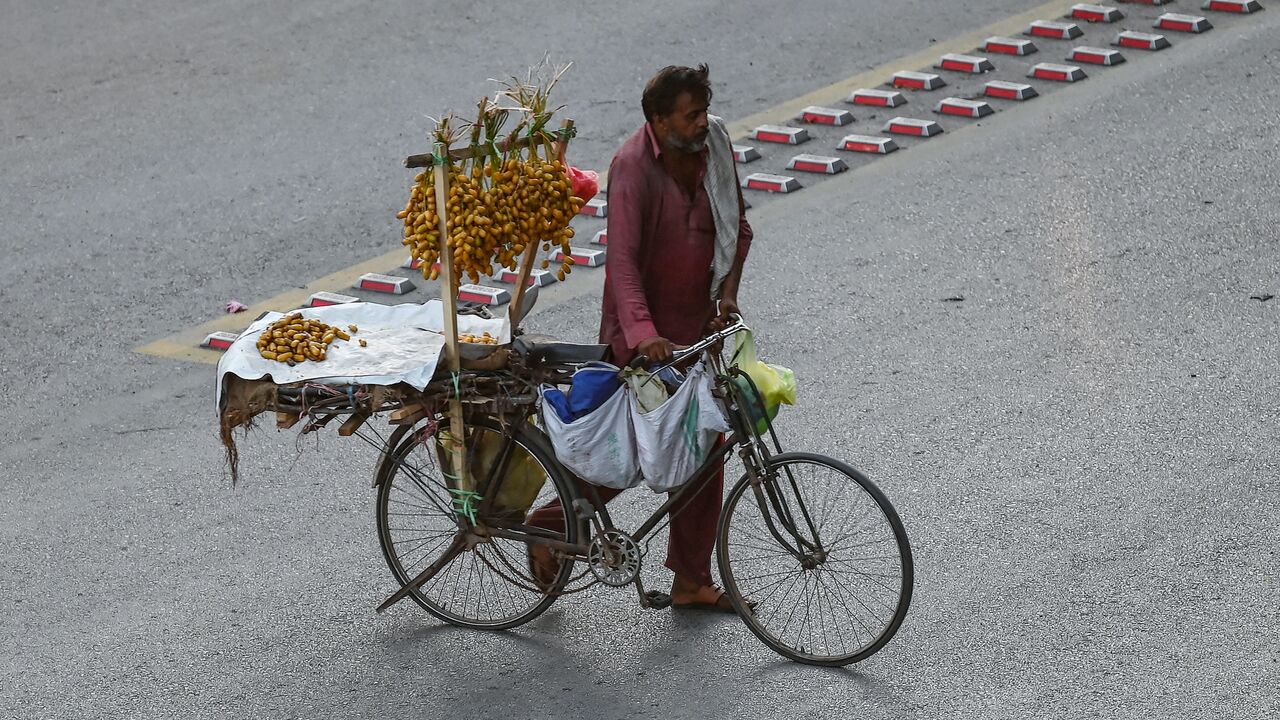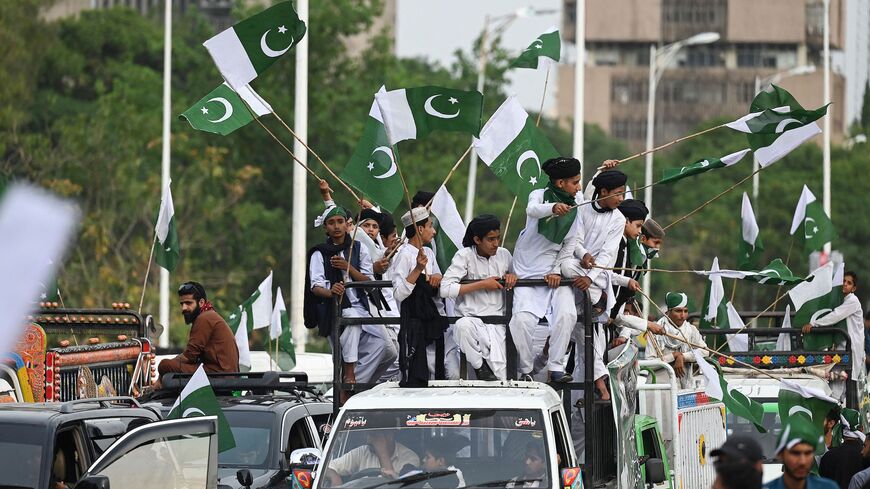Pakistan to raise $4B from Middle East banks amid economic turbulence
For many years, Pakistan has relied on China and Gulf allies Saudi Arabia and the United Arab Emirates to roll over some of its debt to avoid having to repay it sooner.

Pakistan plans to raise $4 billion in financing from Middle Eastern banks by the next financial year to help the country recover from its significant deficit, the South Asian nation’s central bank governor said Tuesday.
Pakistan in July posted a current account deficit of $681 million for the 2023-24 financial year, much lower than the deficit of $3.275 billion the previous fiscal year, according to State Bank of Pakistan data.
The central bank’s governor, Jameel Ahmad, told Reuters about the intention to raise the $4 billion but did not elaborate on which banks would be tapped for the financing.
Pakistan has for many years relied on China and Gulf allies Saudi Arabia and the United Arab Emirates to roll over some of its debt to avoid having to repay it sooner. Ahmad said that those countries would offer similar financial assurances going forward, allowing the economy to recover.
These three countries are also racing to invest in Pakistan, accelerating the pace of investments in the South Asian country. One driver of that is cash-strapped Pakistan creating a Special Investment Facilitation Council, which has offered 28 high-value projects worth billions of dollars, with a focus on Gulf countries.
Ahmad added that Pakistan is also in the "advanced stages" of securing $2 billion in additional external financing required for International Monetary Fund (IMF) approval of a $7 billion bailout program. Last month, Pakistan agreed to the $7 billion loan to help the country recover from its soaring public debt and weak economic growth. It is the Washington-based, multilateral lender’s 24th time bailing out Pakistan. To meet the IMF’s conditions for the most recent $7 billion bailout, Pakistan has had to introduce tax rate increases and increases to household energy tariffs.
Ahmad said that Pakistan’s financing needs would be lower than the 5.5% of the country’s GDP projected by the IMF.
"Pakistan’s external gross financing needs have been declining in the past few years," Ahmad said.
"Since [the IMF's] assessment was based on a higher current account deficit than realized in fiscal 2024 and now projected for the next few years, we assess the ratio of gross financing needs to GDP to be lower than the 5.5% level."
Inflation is continuing to slow in Pakistan after recent interest rate cuts by the government. The country’s consumer price index inflation slowed to 11.1% in July, down from 12.6% the previous month. In May 2023, CPI peaked at 38%.









